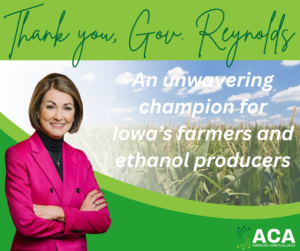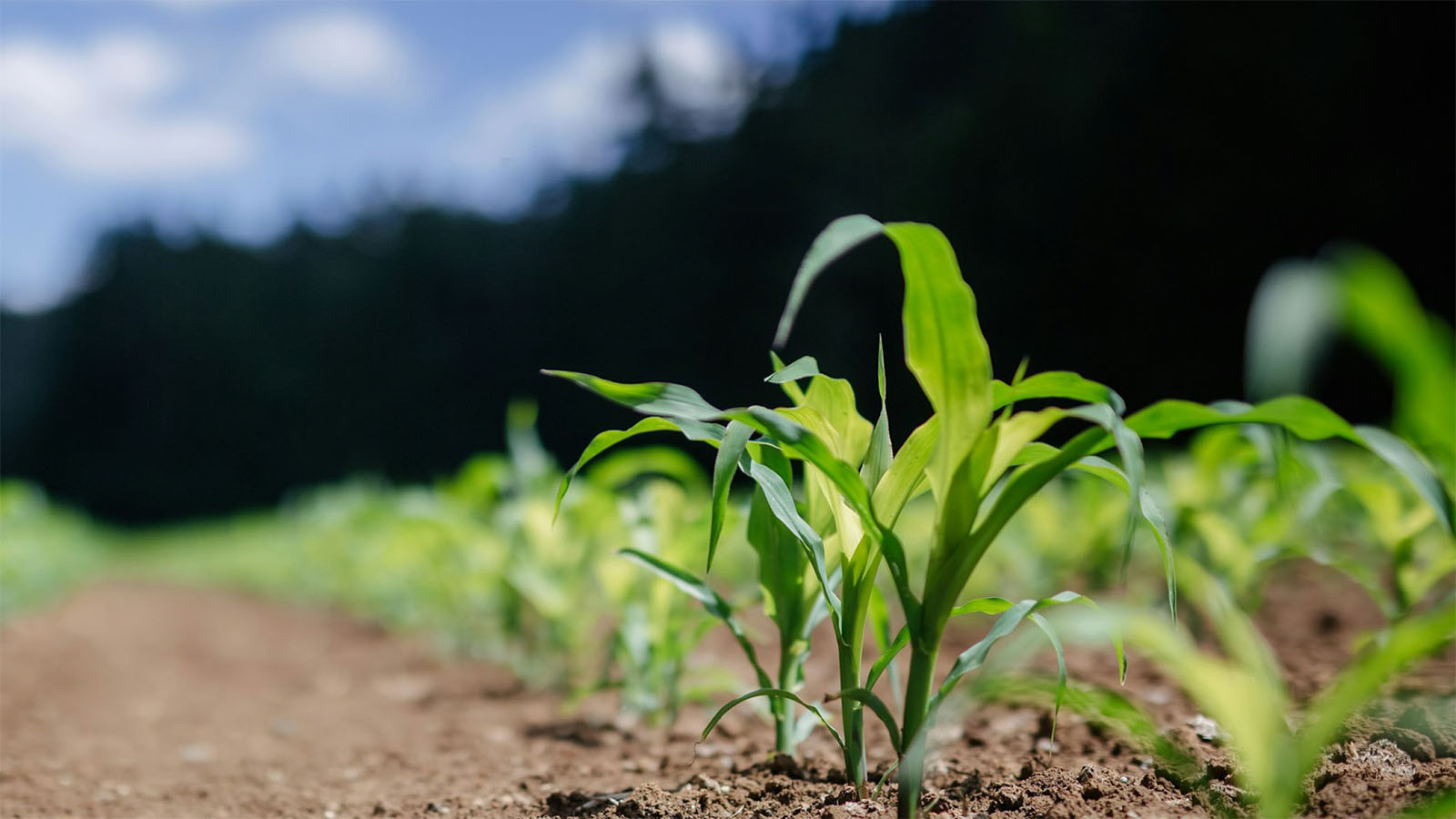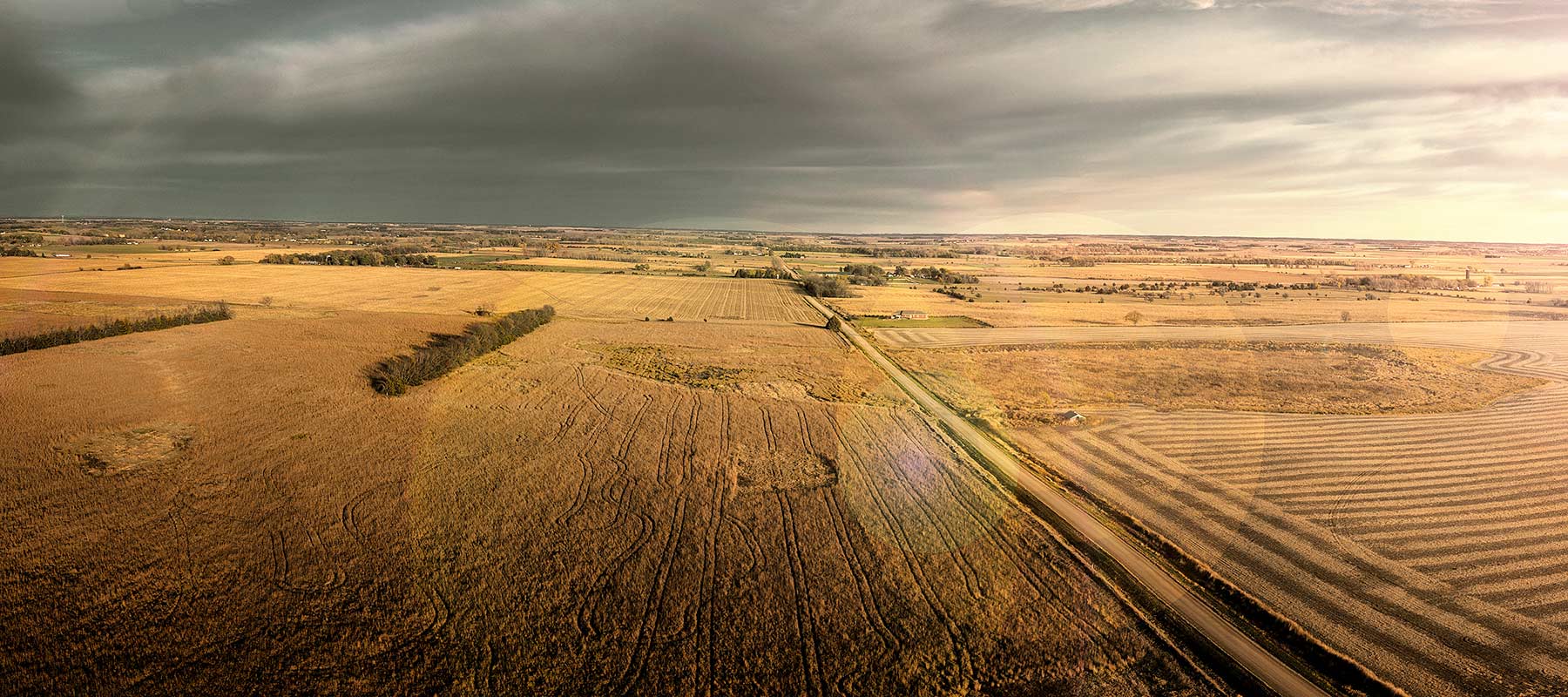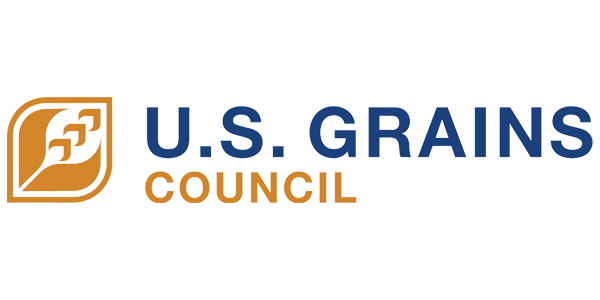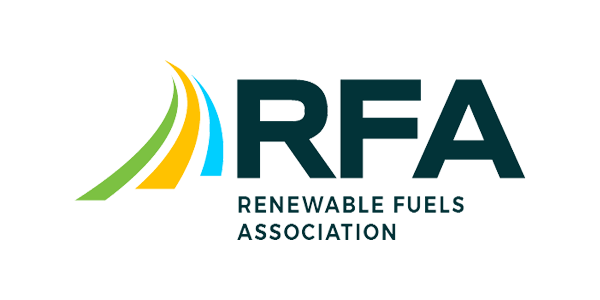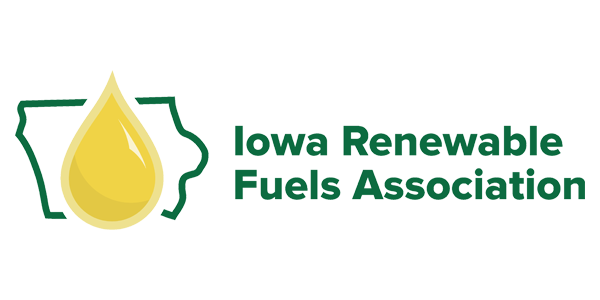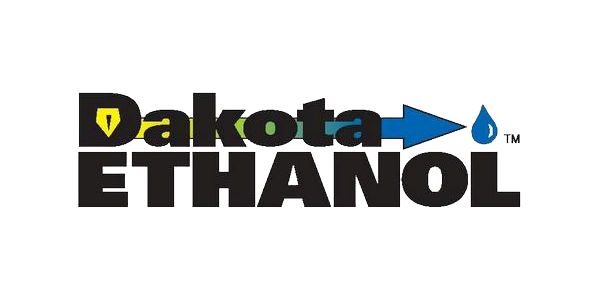
When President Bush signed legislation in August 2005 creating the Renewable Fuel Standard, the price of corn per bushel was $1.84. Today, after this critical policy has been in place for nearly 18 years, the price of corn per bushel has increased to $6.70 or a total increase of 264%. By creating common-sense requirements for the blending of renewable fuels into our gasoline, the Renewable Fuel Standard helped jump start the ethanol industry and resulted in substantial increases in commodity prices and land values. Today, the ethanol industry in Iowa supports 50,000 jobs, contributes $6 billion to our GDP annually, and delivers more than $3 billion in household earnings every year. Simply put, the RFS has been an incredibly positive driver of our ag economy.
Despite these successes, there are no guarantees the ethanol industry will remain competitive in the years to come unless we are willing to make the necessary investments. That’s why I support the carbon capture, transportation, and storage projects that have been proposed here in the Midwest. The Iowa Renewable Fuels Association recently studied the impact of these infrastructure projects. They found that without carbon capture projects, Iowa’s ethanol industry will lose $10 billion annually and farm income would drop $43,000 for a typical 1,000-acre farm with production evenly split between corn and soybeans. For me, that is an unacceptable outcome.
Read more in the The Waterloo-Cedar Falls Courier


